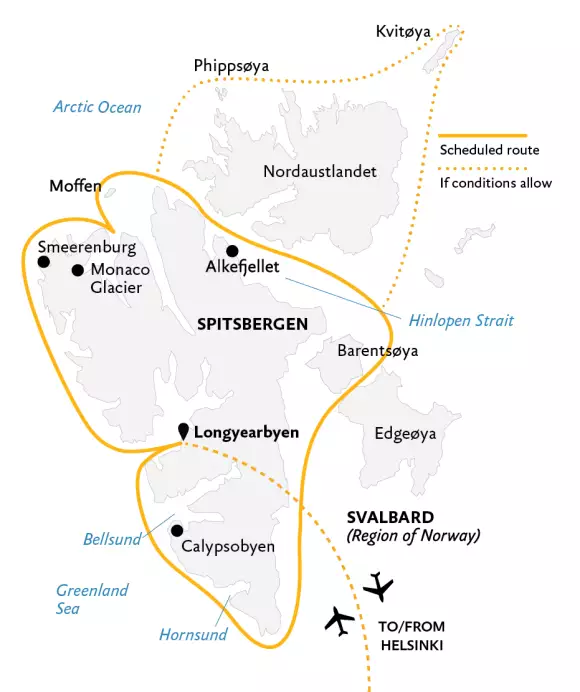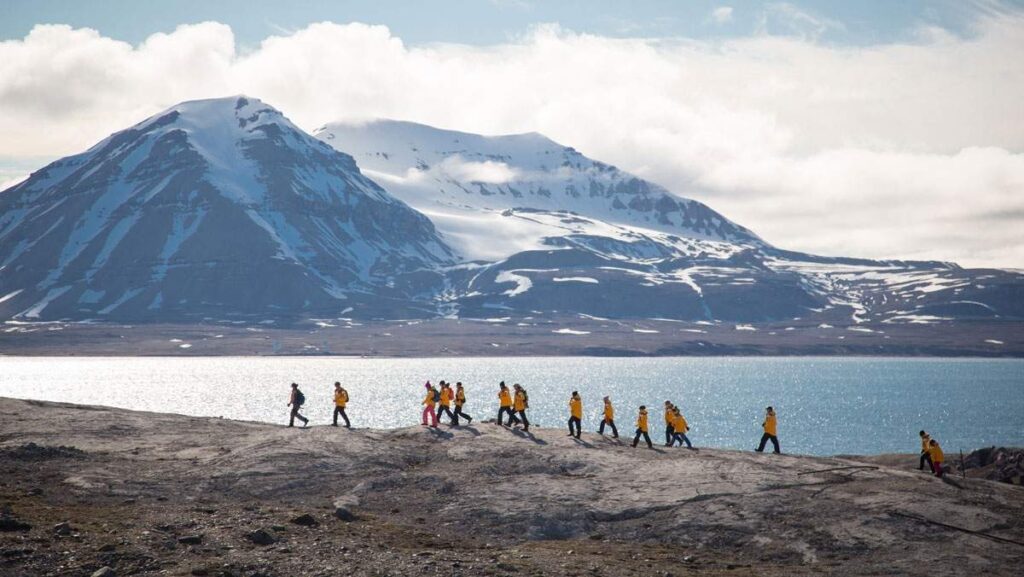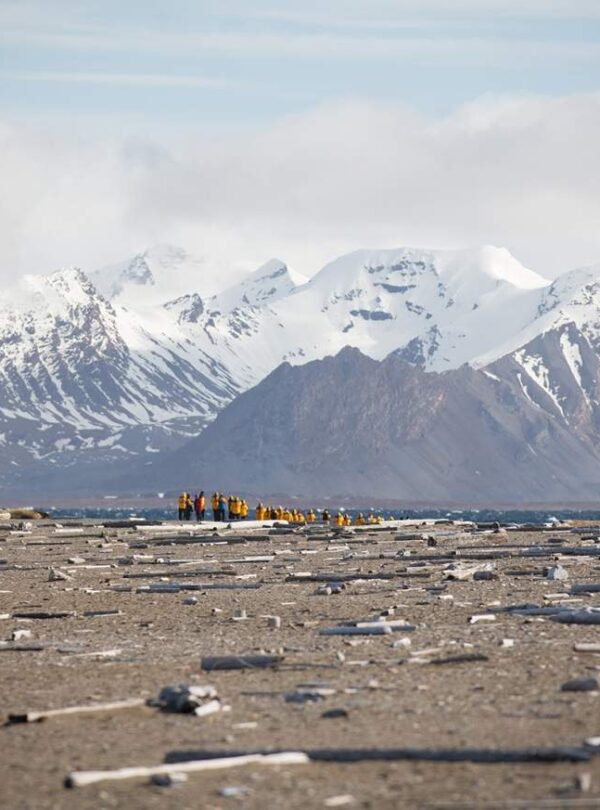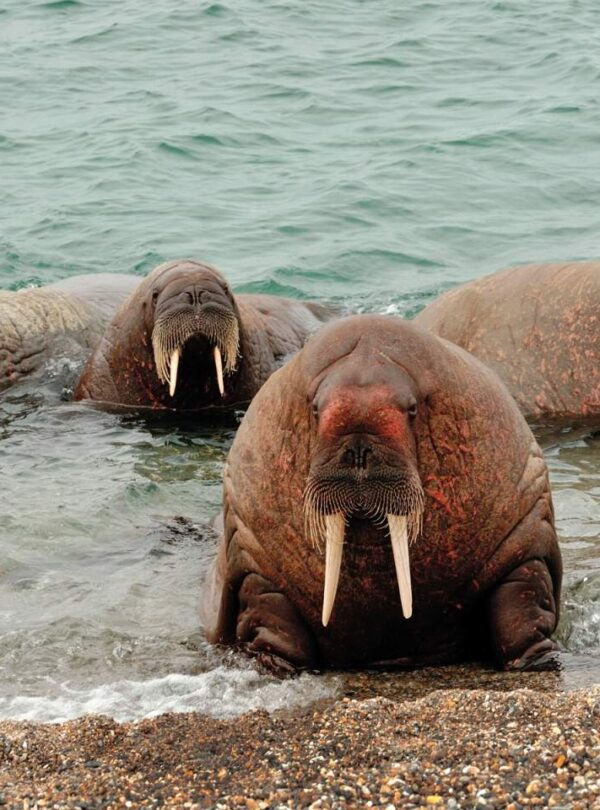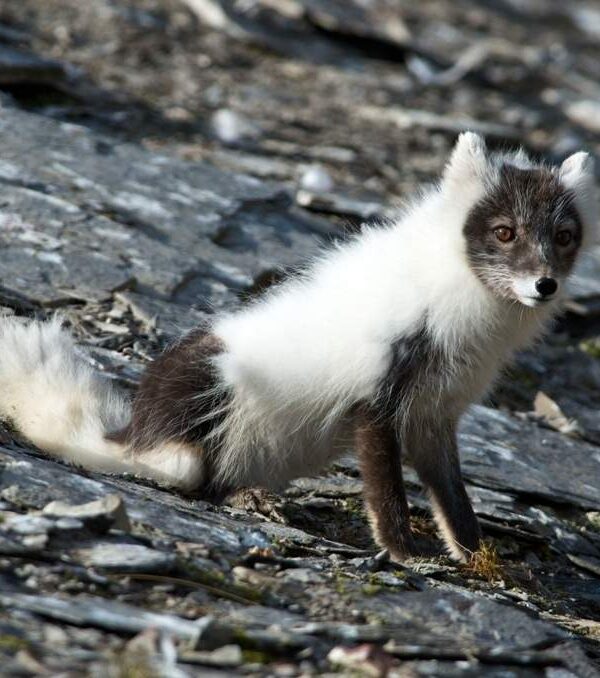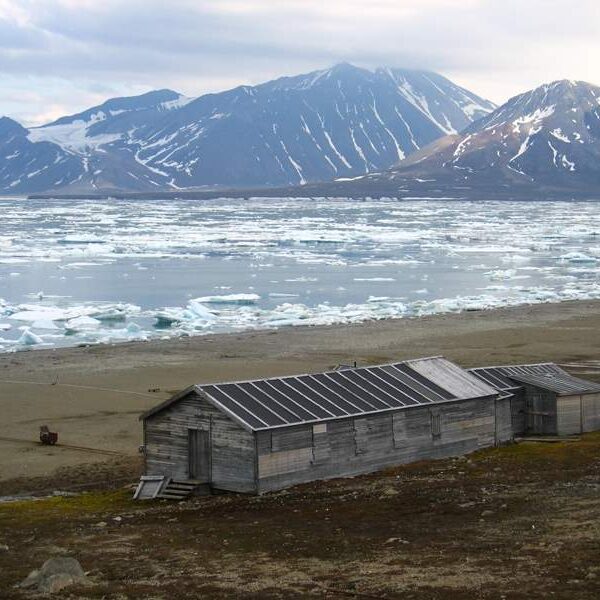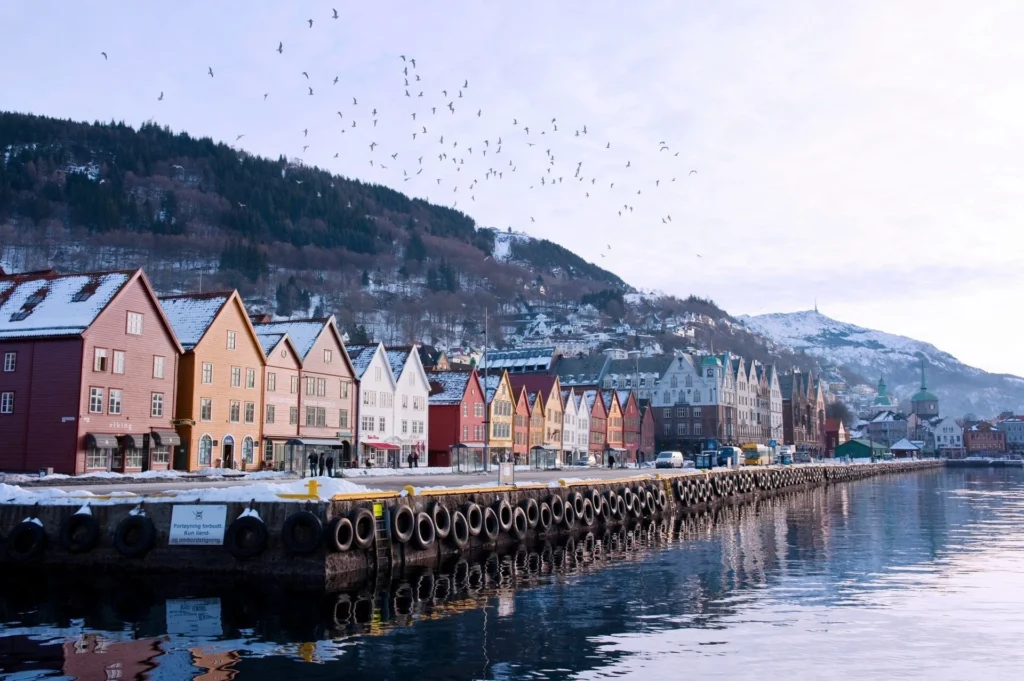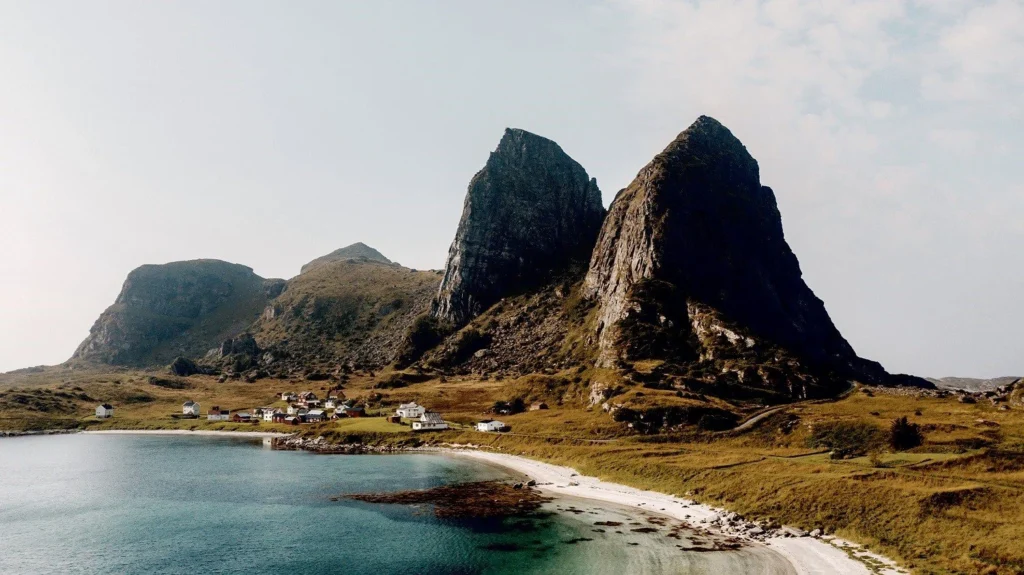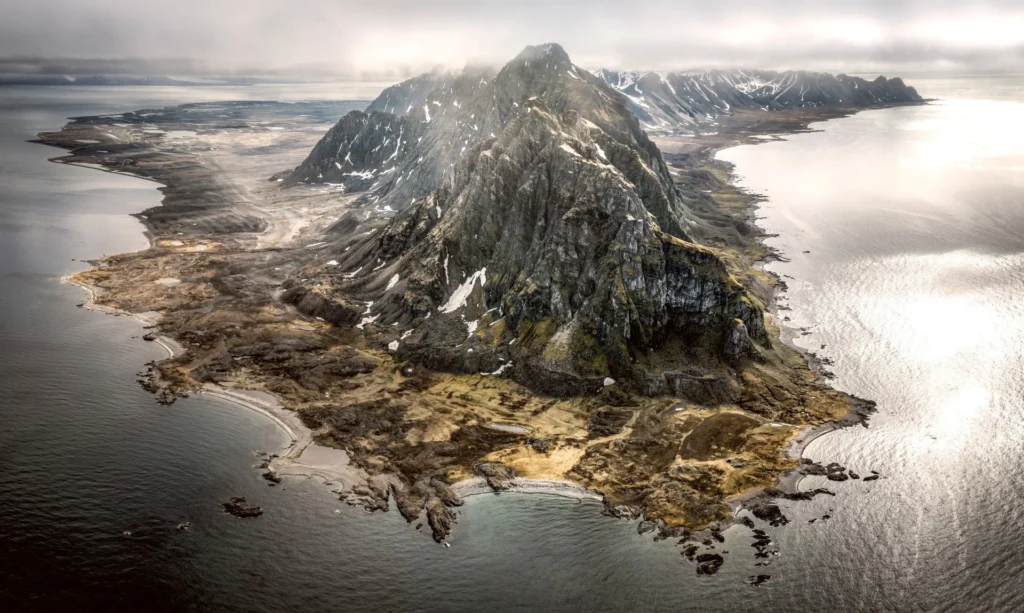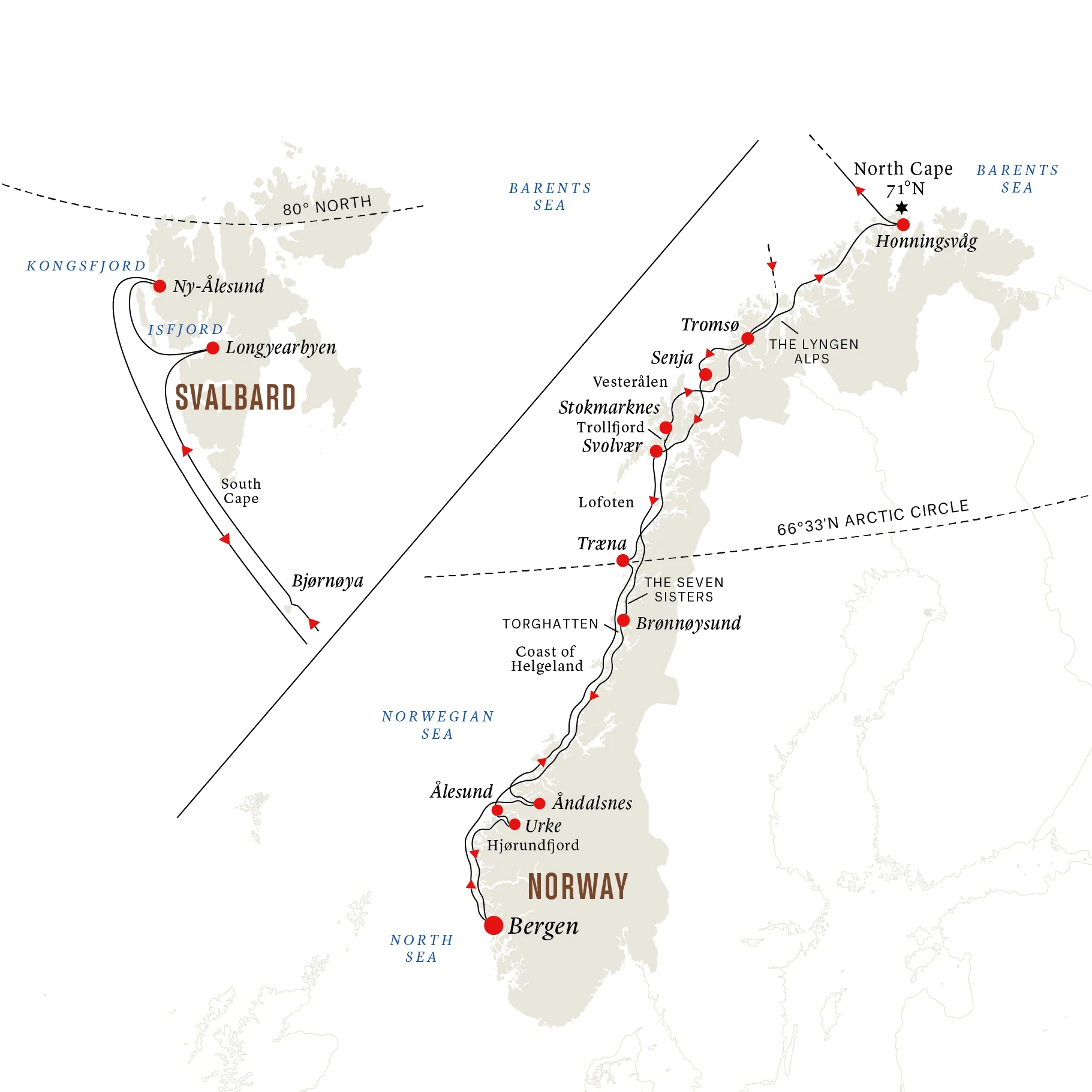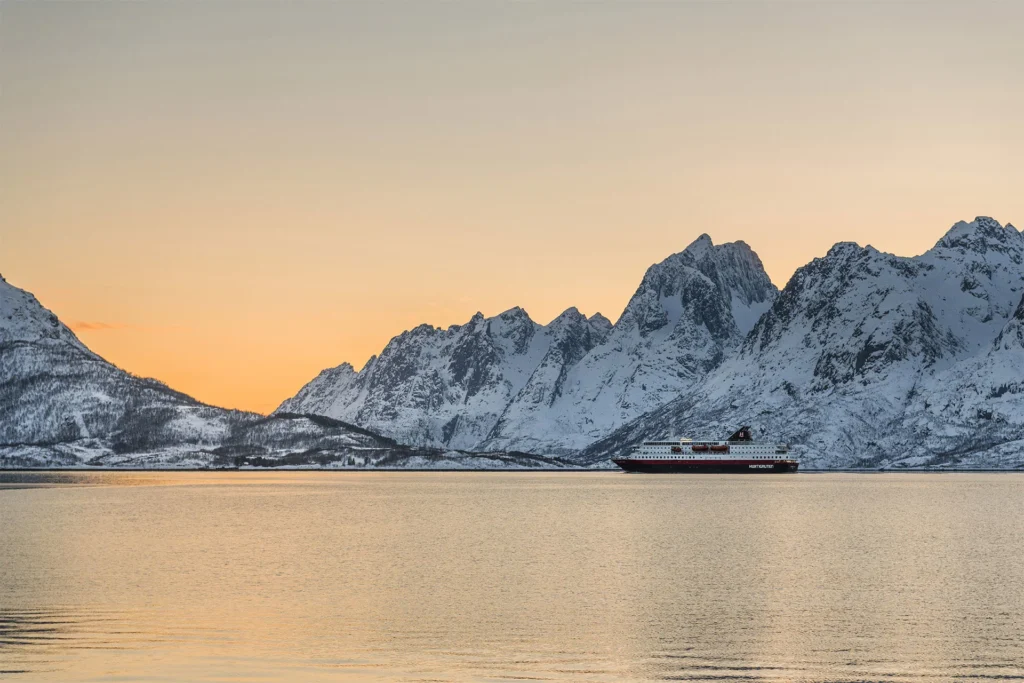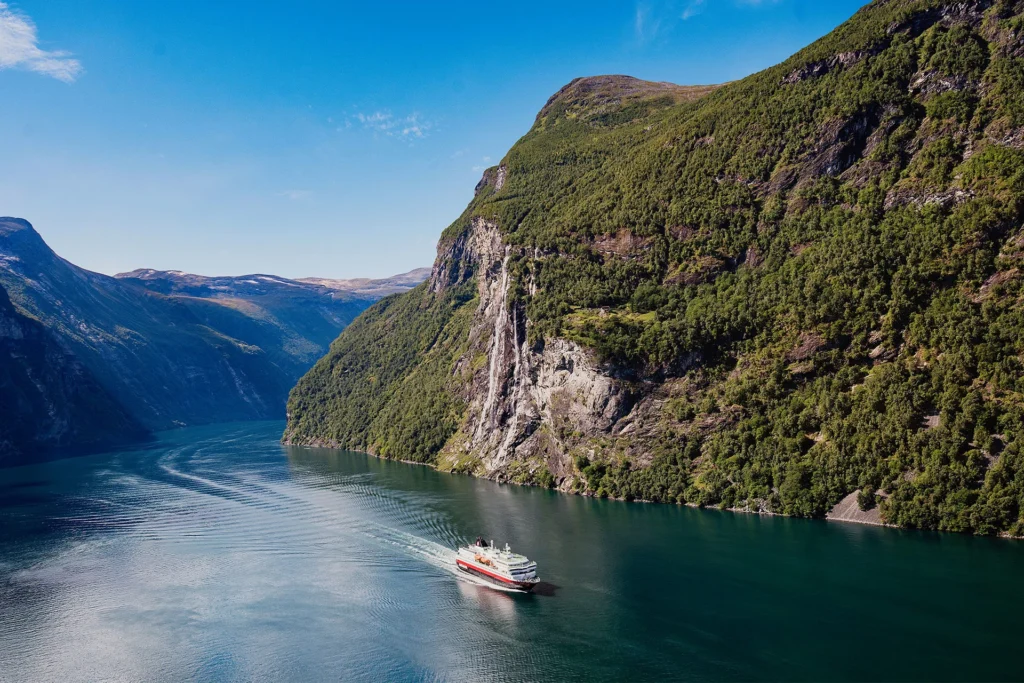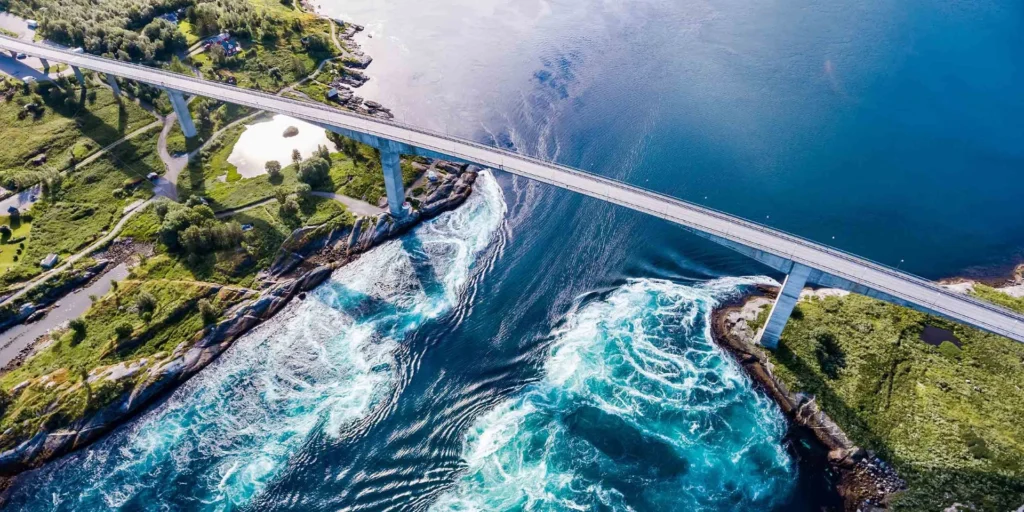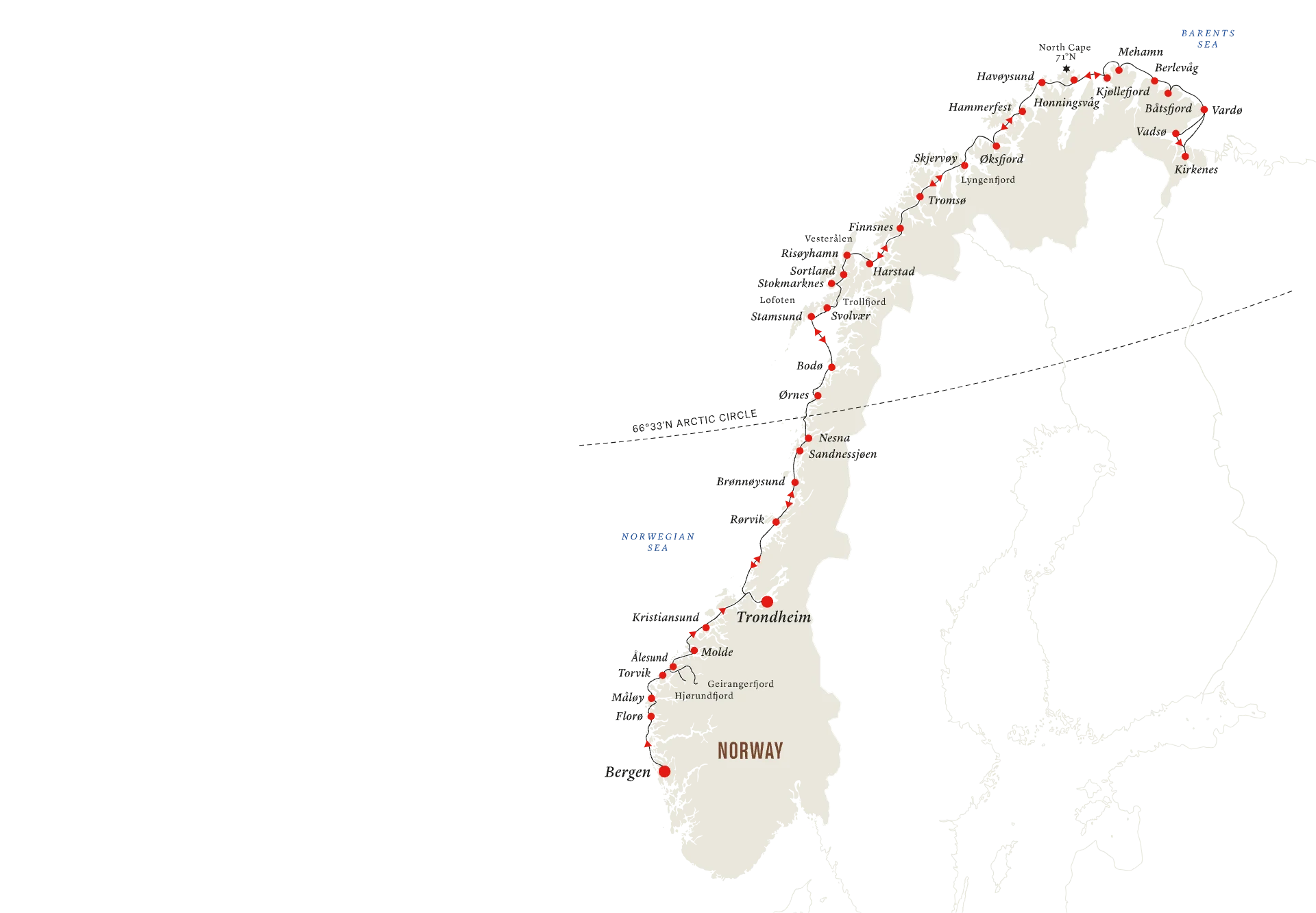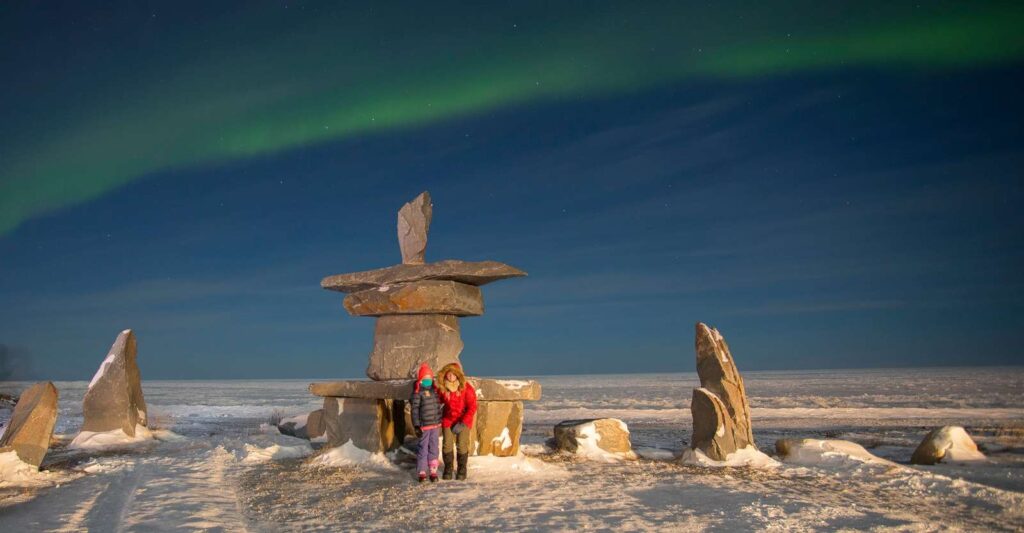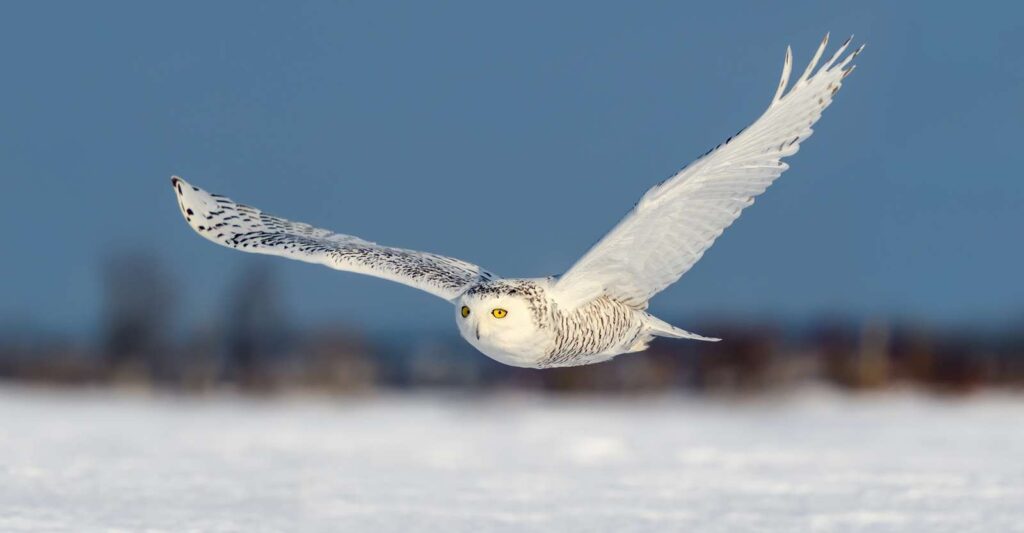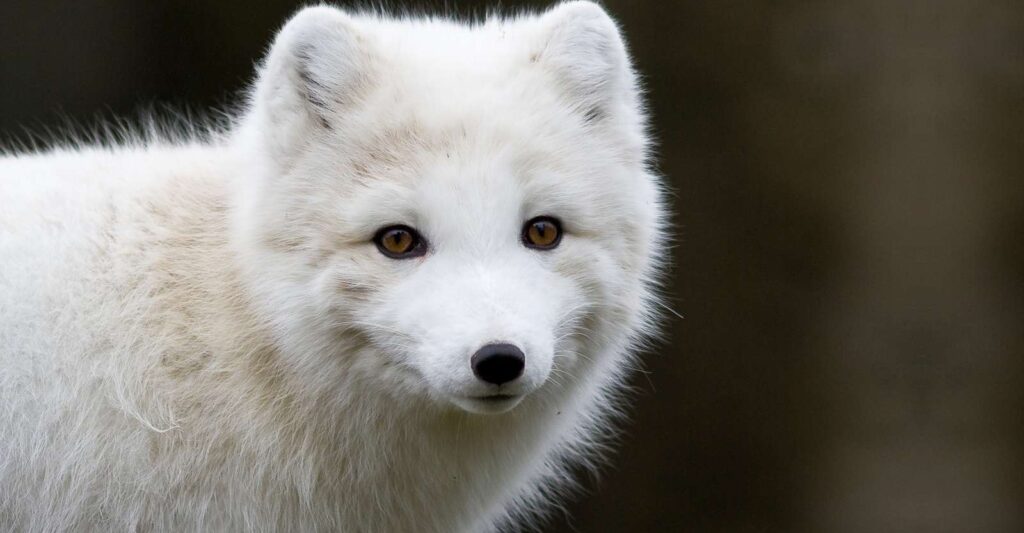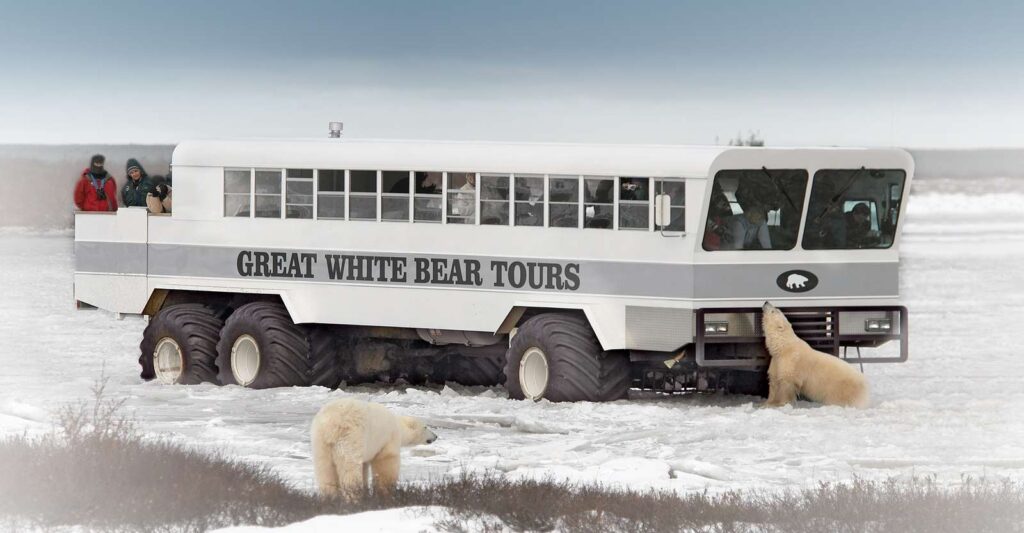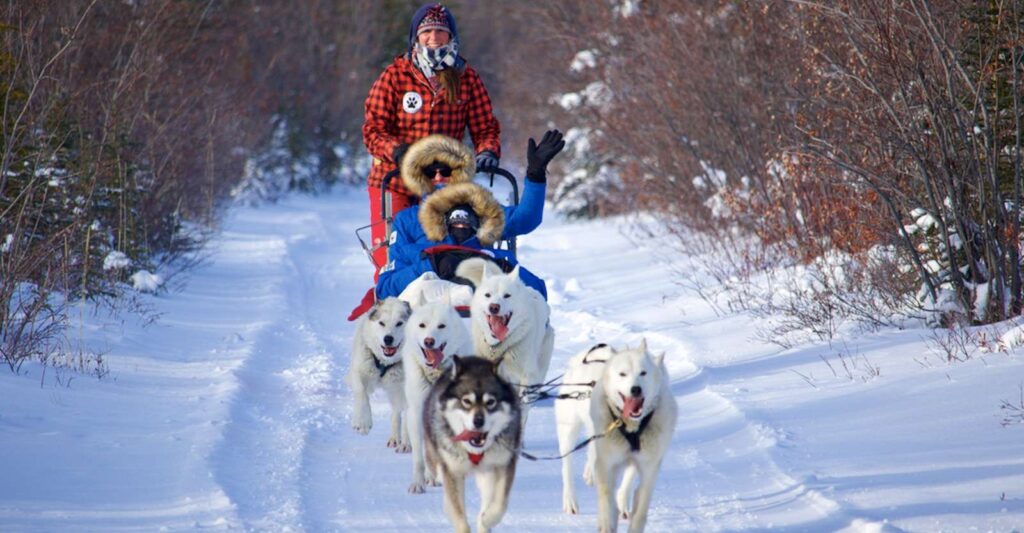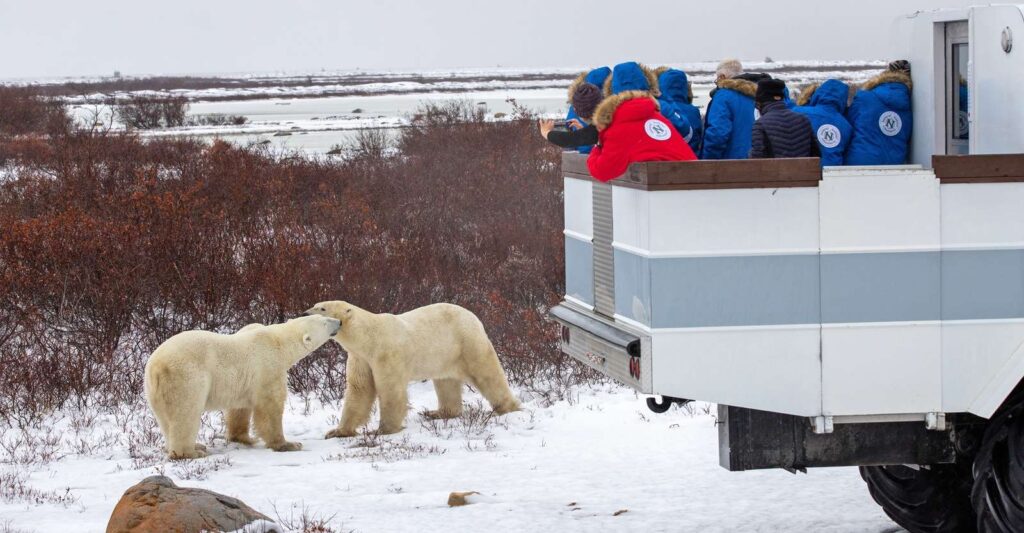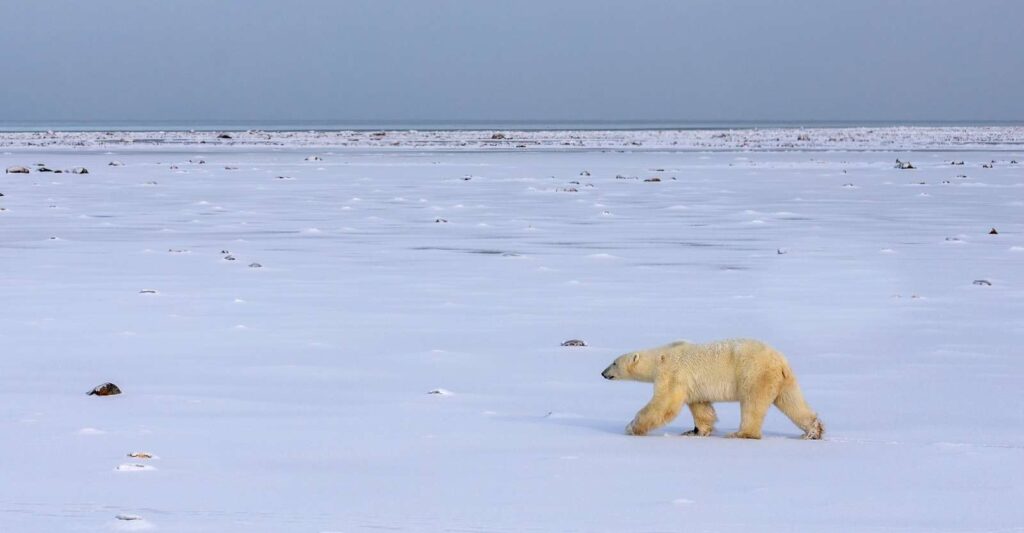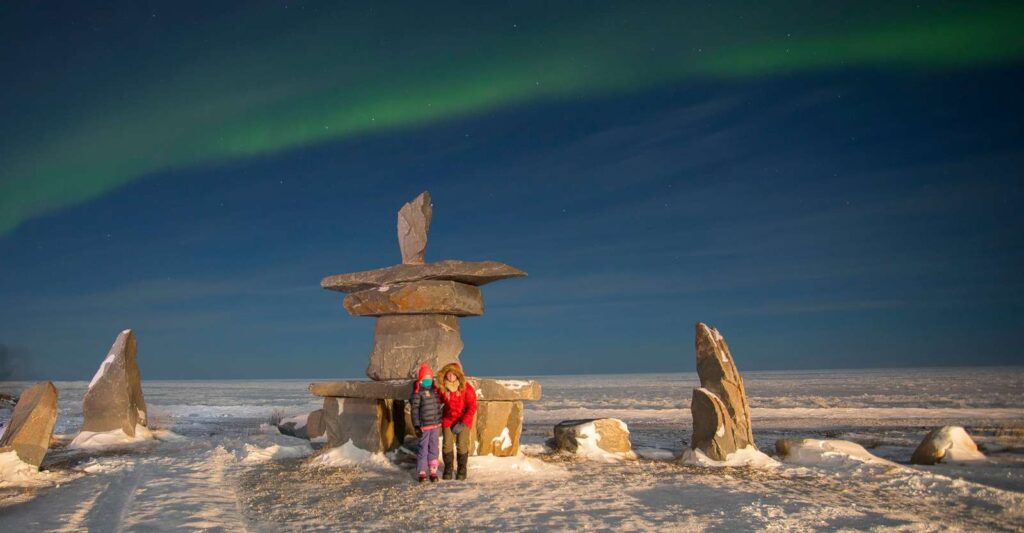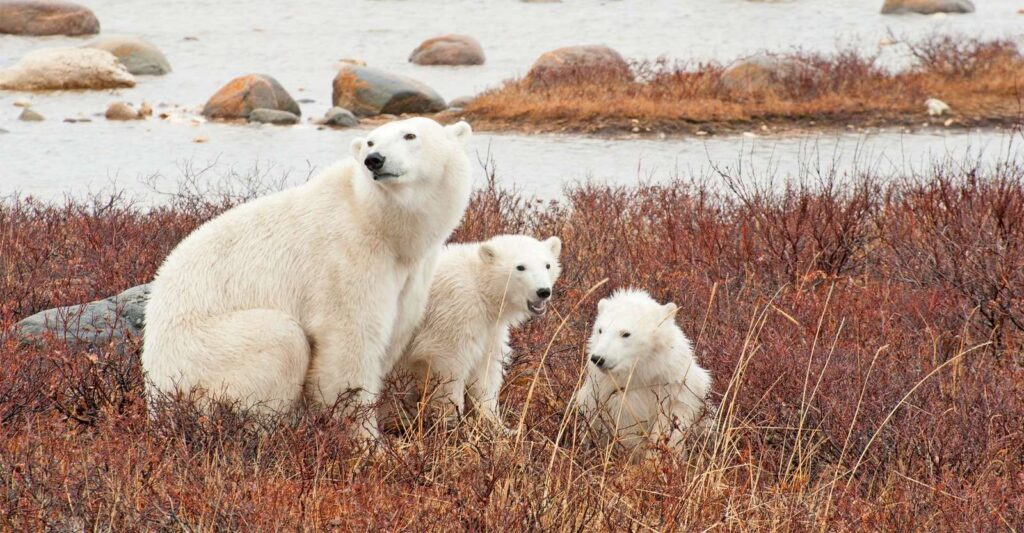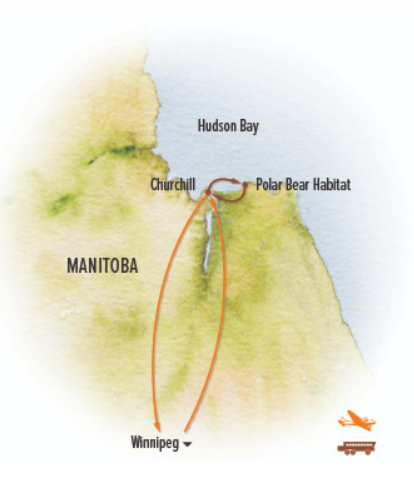Overview
This 14-day journey offers the most extensive exploration of Spitsbergen in the Norwegian archipelago of Svalbard, including the opportunity to witness iconic Arctic wildlife like walrus, reindeer and polar bears, a glimpse into 16th-century maritime culture at secluded landing sites, and the rare chance to appreciate breathtaking views at the birdwatching utopias 14th of July Glacier and Alkefjellet. If conditions allow, we will also attempt a full circumnavigation of the archipelago during this memorable voyage, including a visit to the remote, uninhabited Arctic desert of Nordaustlandet.
The wildlife-viewing opportunities on this trip will leave you with plenty of memories and photos: the walrus with its long tusks and distinctive whiskers; Arctic birds in all their varied majesty; small herds of reindeer loping across the tundra; and that most iconic of Arctic creatures, the polar bear, as it roams the edges of the pack ice. Shore excursions by Zodiac will enable you to set foot in places few humans have. This voyage truly is the big adventure you’ve been waiting for.
Trip Highlights
- Encounter iconic Arctic wildlife, such as polar bears, walrus and reindeer
- View numerous Arctic bird species, like puffins, Arctic terns and purple sandpipers
- Take advantage of continuous daylight
- Explore glaciers, fjords, icebergs and more with included Zodiac cruising
- Immerse yourself in the icy realm of the Arctic with optional kayaking adventures
- Hike the tundra and polar desert
Itinerary
Please fill out the form below to request a quote for rates.
What's Included
- Leadership throughout your voyage by our experienced Expedition Leaders, including shore landings and other activities
- All Zodiac transfers and cruising as per the daily program
- All shore landings as per the daily program
- Shipboard accommodation with daily housekeeping
- All meals, snacks, soft drinks and juices on board throughout your voyage (Please inform us of any dietary requirements as far in advance as possible. Unfortunately, the ships’ galleys cannot prepare kosher meals.)
- Select beer and wine during dinner; and coffee, tea and cocoa available around the clock
- Formal and informal presentations by our Expedition Team and guest speakers as scheduled
- A photographic journal documenting the expedition
- A pair of waterproof expedition boots on loan for landings and Zodiac cruising excursions
- An official Quark Expeditions® parka to keep
- Hair dryer and bathrobes in every cabin
- All miscellaneous service taxes and port charges throughout the program
- All luggage handling aboard the ship
- Emergency Evacuation insurance for all passengers to a maximum benefit of USD $500,000 per person
- Transfers between Longyearbyen town center and port on embarkation and disembarkation day
Not Included
- International airfare
- Arrival and departure transfers in Helsinki
- Passport and visa expenses
- Government arrival and departure taxes not mentioned above
- Meals ashore unless otherwise specified
- Baggage, cancellation, interruption and medical travel insurance—strongly recommended
- Excess-baggage fees on international flights
- Mandatory waterproof pants for Zodiac cruising, or any other gear not mentioned
- Laundry, bar and other personal charges unless specified
- Phone and Internet charges (connectivity may vary by location)
- Voluntary gratuity at the end of the voyage for shipboard staff and crew
- Additional overnight accommodation
- Adventure Options not listed in Included Activities
Map
